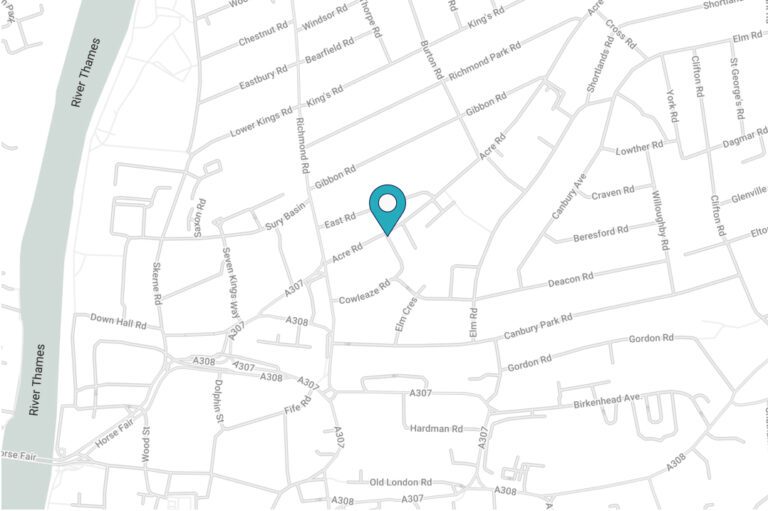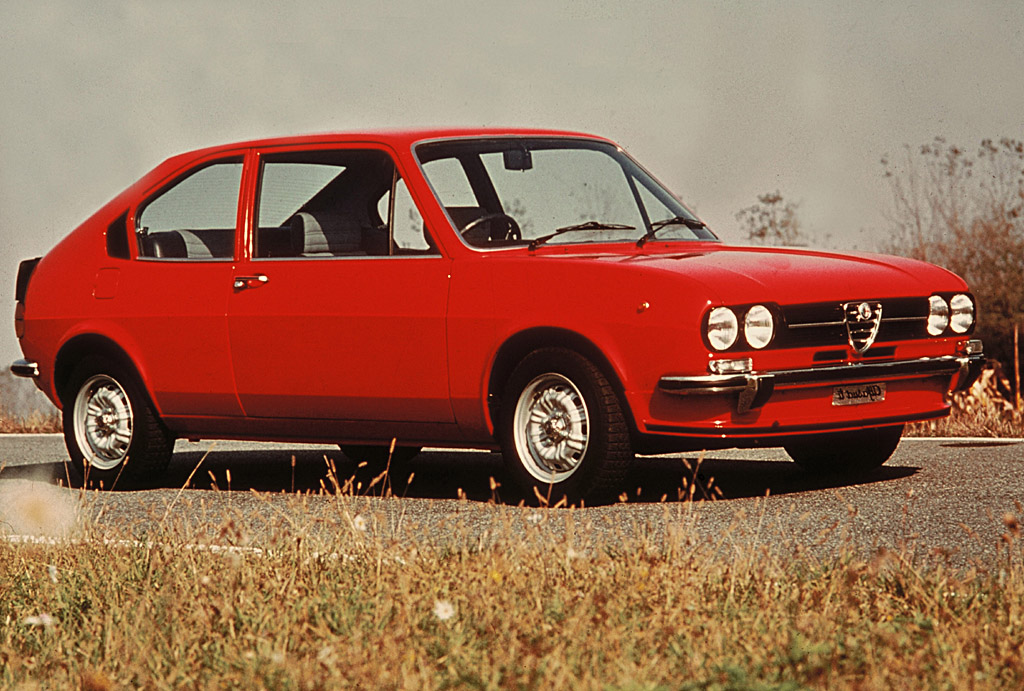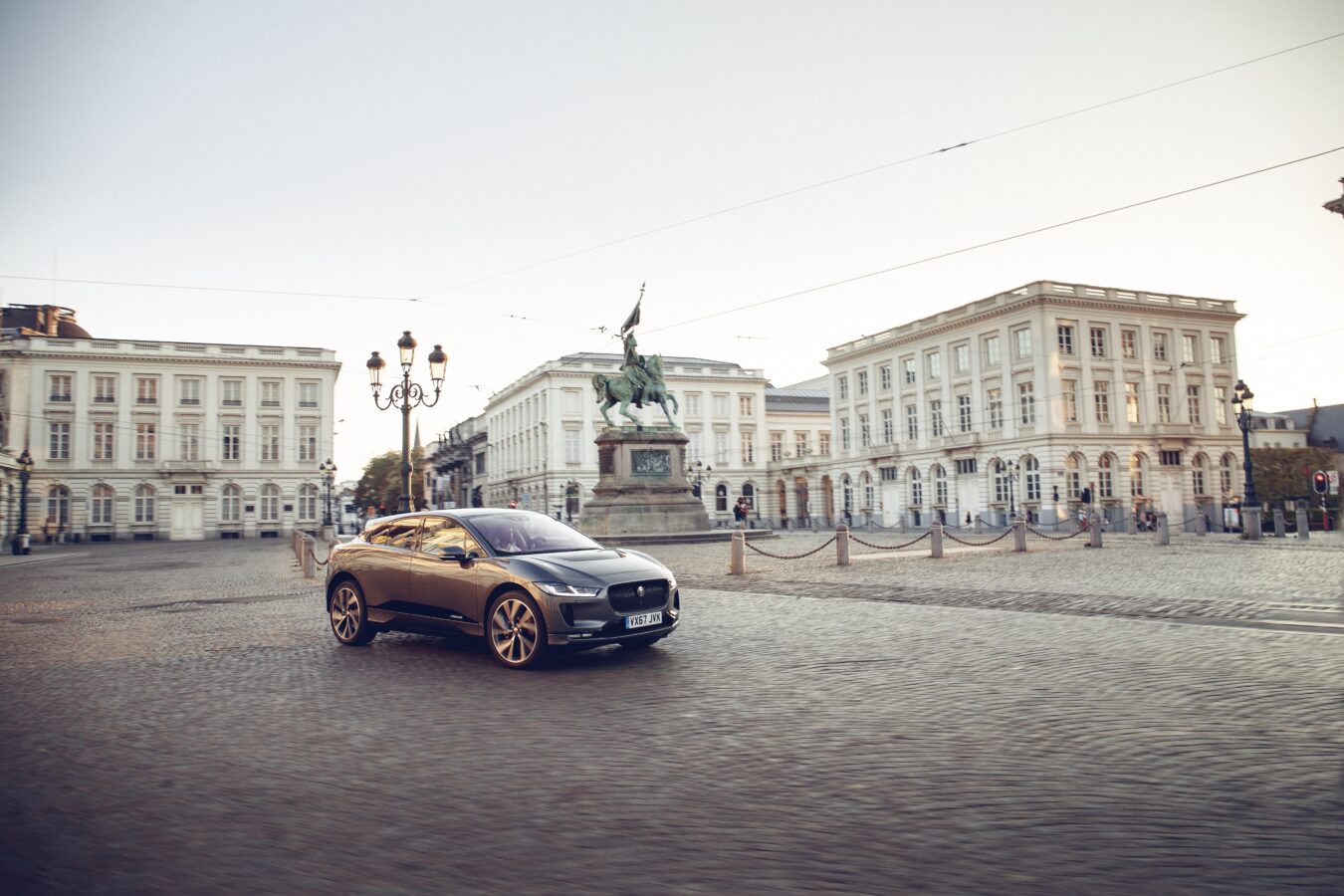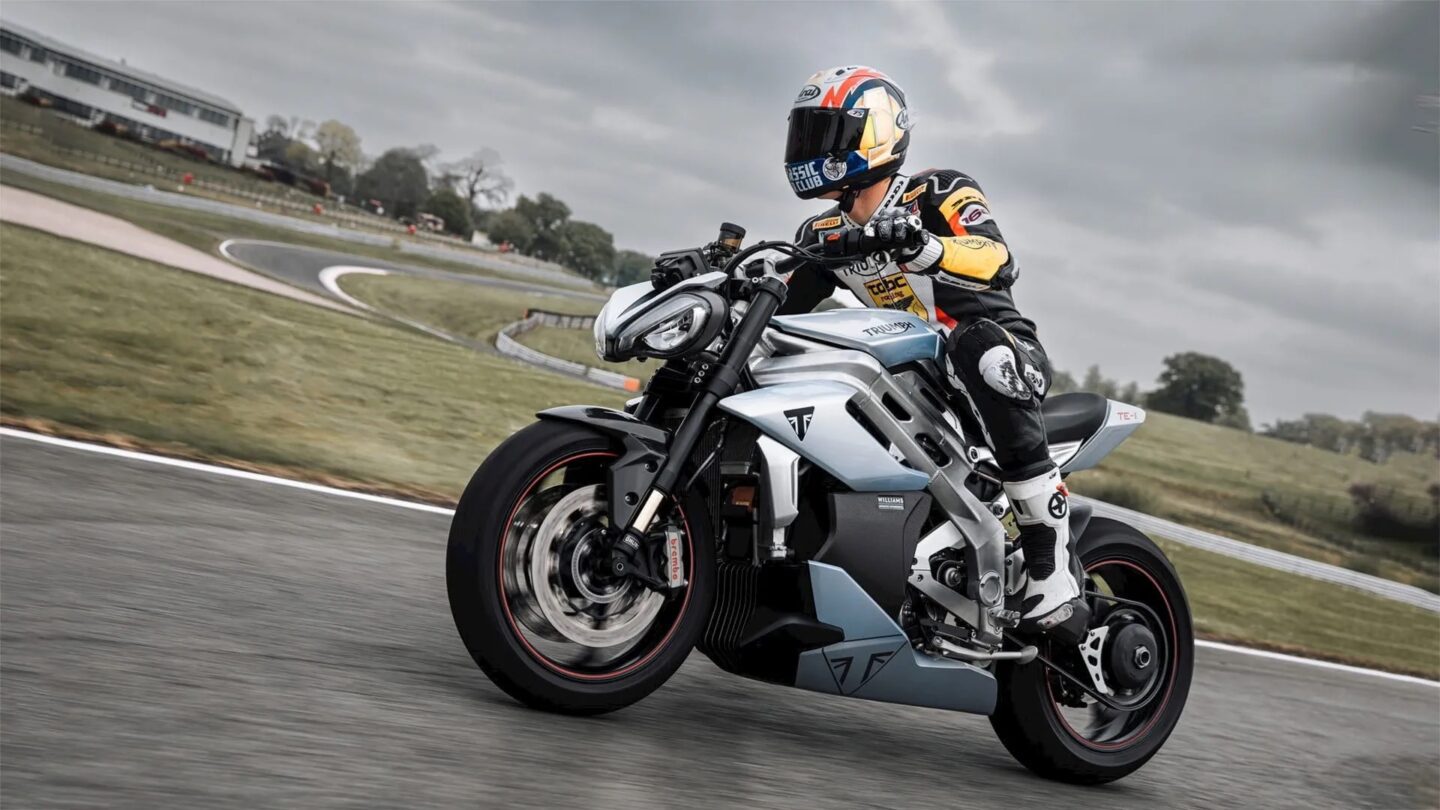Barely a week passes without a new initiative claiming to bring airborne drone deliveries a step closer to mainstream reality.
The likes of Domino’s Pizza and Amazon were among the first to make PR capital out of drone deliveries. Ever since, a steady stream of stories has envisioned a future where every online whim is answered within minutes by a drone carrying its precious cargo directly to our house, office or balcony.
But are drone deliveries really about to take-off? Amazon clearly reckons so. Only last month it hired a former Boeing executive to run its Prime Air business, which makes the latest findings of a German study all the more interesting.
According to the experts at Martin Luther Universität in Halle-Wittenberg, in Germany, the high energy costs associated with flying drones is likely to make them worse for the environment than vans. It seems that multicopters, clever as they are, are pretty inefficient things – especially when they’re carrying a mixed selection of craft beers or a sandwich toaster.
Researchers found that, in densely populated cities, electric vans are the clear winners in the energy-efficient-delivery stakes. As we approach what feels like a tipping point in the uptake of EVs, the mass adoption of drone deliveries isn’t going to fly when it comes to the environment.
It’s all down to population densities and the obvious fact that vans can carry hundreds of parcels at a time – in less crowded locations drones actually begin to make more sense. But that’s before you consider their weather-sensitive operational window and the labour-intensive job of preparing them for individual flights.
Drones clearly have huge potential to positively impact our lives, from delivering vital medicines to cut-off communities in disaster-hit locations to facilitating high-altitude visual inspections from the safety of the ground. There’s entertainment value, too. Drone racing already attracts big live and online audiences and addressing solutions like what3words will make it easy to identify, and remember, the drop zone for your latest online purchase.

But in these most extraordinary of times, there’s another issue at play here, too.
The one positive to come out of the Covid-19 lockdown has been the widely accepted, and universally enjoyed, peace and quiet that has been inflicted upon wider society, with no planes in the sky and fewer vehicles on our roads. In fact, news released today shows global carbon emissions are expected to drop by almost 8%.
Faced with a choice between a future generation of near-silent EV delivery vans quietly and efficiently patrolling our streets or a phalanx of noisy drones in perpetual formation across the skies, I wonder which we’ll choose?

















